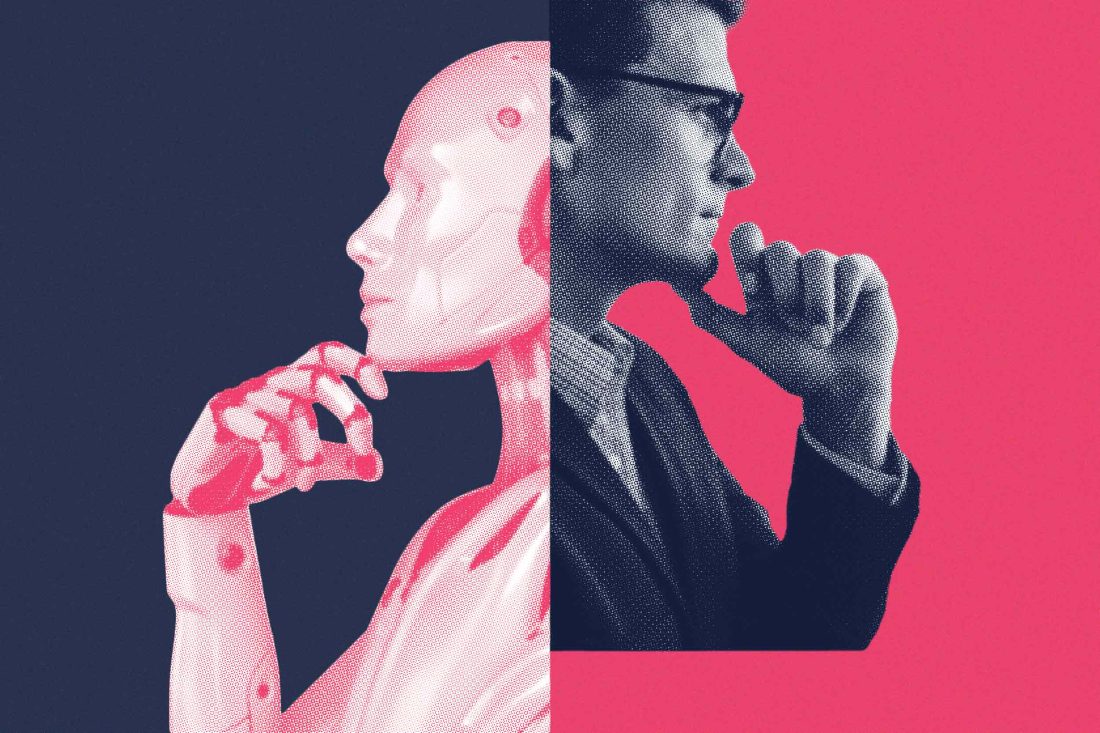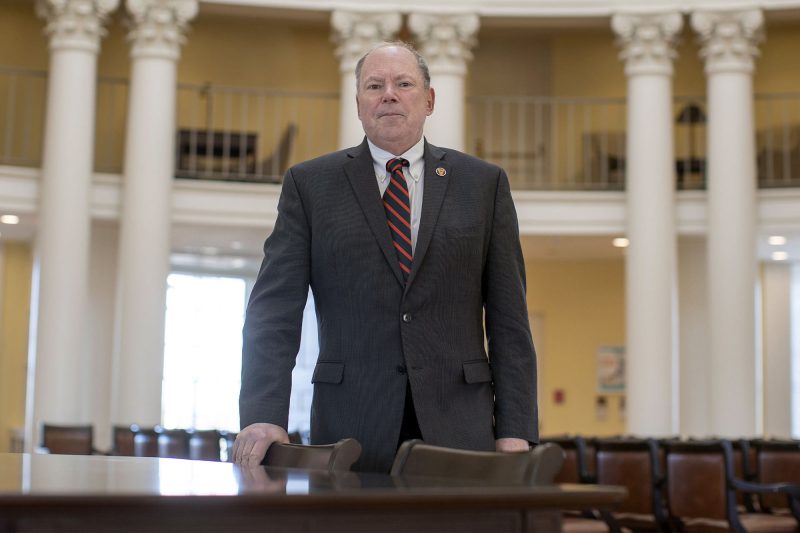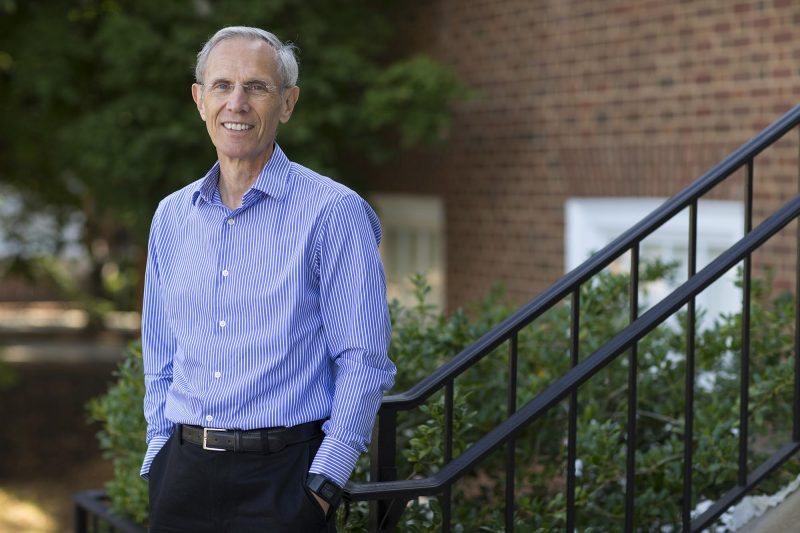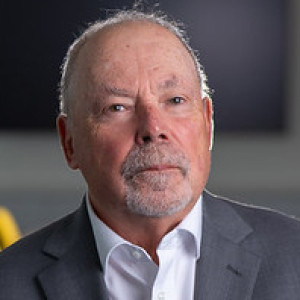‘Better Than a Bot’: 3 Ways To Build the Skills That Pay the Bills When AI Competes

The ability of ChatGPT and other advanced artificial intelligence programs to generate high-quality content, such as written reports and graphics, is getting better every day. The inevitable result will be that some people will profit from this new technology.
Others, however, will see their jobs outsourced, or never get the chance to work at all.
Junior associates and analysts, visual artists and writers – perhaps even news writers – might all be among those who one day become redundant.
“ChatGPT is just one high-profile example of how AI will influence our future,” said Philip E. Bourne, dean of the University of Virginia’s School of Data Science. “AI is disruptive, and there will be no stopping that disruption. History is full of failed attempts.”

So what’s a savvy worker supposed to do to compete with a machine that doesn’t demand retirement benefits, never gets sick and has no need for coffee or bathroom breaks?
UVA faculty members offered some advice for those looking to outshine AI content generators and be “better than a bot” in the eyes of employers.
Pursue Education That Embraces Advanced Thinking
Though AI is getting good enough that it can pass an MBA exam and win art contests, human brains have the remarkable ability to feel emotion, make unexpected connections and draw from personal experience in ways that result in deep and often novel solutions.
That X-factor is one that Kenny Fountain, an associate professor of English and the director of the Writing Across the Curriculum program at UVA, doesn’t anticipate will be duplicated any time soon.
“AI tools are not embodied humans who possess the wealth of previous experience and personal memory that our students bring to each course,” Fountain said. That means in the classroom, “We can create assignments that require writers to engage with what makes us human. And, yes, we can do that even in a science or engineering course.”
It helps that UVA, which is one of the top-ranked schools in the country, is rigorous. To keep up with the rigor, one needs to develop complex thought processes. The Engagements curriculum for first-year students establishes many of the critical-thinking skills that employers prize in UVA graduates.
The small, seminar-style courses emphasize ways of thinking about big questions. The courses are separated into four categories: aesthetics, empirical and scientific engagement, differences, and ethics.
“I don’t see how AI could be used in my own classes or in any of the Engagements courses,” said Janet Spittler, an associate professor of religious studies who co-directs Engagements. “We have moved strongly toward nontraditional assignments (that is, away from exams or writing assignments where students regurgitate information), so I just haven’t had to worry about it.”
Even so, she said, “My general take is: if ChatGPT can get an ‘A’ on the assignment, there’s something wrong with the assignment. In the Engagements, we’ve been working on crafting nontraditional assignments that really get students to do the kind of thinking and creative work that will serve them well in all their future courses (and life beyond college) – but we’ve been doing this work for years now, and not in response to AI.”
Fountain said individual reflection in any coursework is key. He referenced an academic study of more than 700 college students and more than 160 faculty members that identified what constituted “meaningful writing projects.”
“Those were writing assignments that encouraged students to make a personal connection, or allowed students to immerse themselves in a topic, or provided some kind of application to the world beyond the course, or even offered students the chance to imagine some aspects of their future self,” he said.
“I’m not suggesting we, as instructors, need to assign writing tasks that require students to do all of these. Maybe our writing assignments incorporate just one or two of these suggestions.”
Develop Skills That Go Beyond the Virtual, Single-Minded
Being able to work at a computer and generate content is one thing. That’s pretty standard in today’s working world.
Being able to generate creations that something without a physical body, without hands, never could is another skill completely.
“I think it’s yet to be seen what it means to be ‘better than a bot,’’ said Lydia Moyer, a UVA professor of studio art. “It may turn out that the best way to be better than a bot is not to play the same game bots do – that is, learn to work with physical materials that have an existence beyond the virtual (paint, paper, wood, etc.). All these things are taught in the studio program.
“Fine art often earns its value through its uniqueness – that is, there is only one of something or a very limited edition of it.”
Fountain said developing multimedia presentation skills can also be helpful, such as producing video or podcasts to accompany one’s written work. But simply drawing from diverse media sources may also be important when presenting.
The ability to shift perspective through different media approaches tends to build three skills, he said. Students have to work through a drafting-feedback-revision cycle, review models that demonstrate different communications strategies, and evaluate how others meet criteria cued to the assignment.

Understand and Use AI – In Order To Be Its Master
A final approach is one that not everyone might be ready to get behind: “The other option is just to get really good at prompts to feed into these generators,” Moyer said.
In other words, apply your creativity and use AI like any other tool.
The data scientists think that’s part of the solution as well.
“Rather than asking how students can stay competitive ‘against’ AI such as ChatGPT, I would say the better question is how they can stay competitive ‘with’ AI, such as ChatGPT,” said Donald Brown, senior associate dean for research in the School of Data Science.
“While ChatGPT can produce surprising and even ingenious writing, it also produces strange and goofy output. There is a real opportunity for students, teachers, researchers and others to try and understand these differences, both from the input and output, while the developers worry about what is happening in between.”
He said, for students, gaining this nuanced understanding requires more creative thought about the topics they are learning and how to effectively express their current level of understanding.
“The immediate next phase may be a type of writing-checker,” Brown said, “like spelling and grammar checkers, that can provide real-time advice on writing, but that the student will need to revise and correct in order to obtain a more faithful expression of their own thoughts and feelings.”
He referred to the evolving technology as “a clever new assistant.”
Bourne indicated that the current developments may be a human evolutionary moment, too.
“The nature of work will change, the nature of society will change and, indeed, the nature of being human may change,” he said. “The solution must be to embrace that change and make it work for all of us in a way that benefits society. That begins by getting out in front of what is to come, rather than responding to what is already past. Being ‘actionary’ rather than reactionary. In higher education, I believe UVA has an opportunity to lead those actions.”

